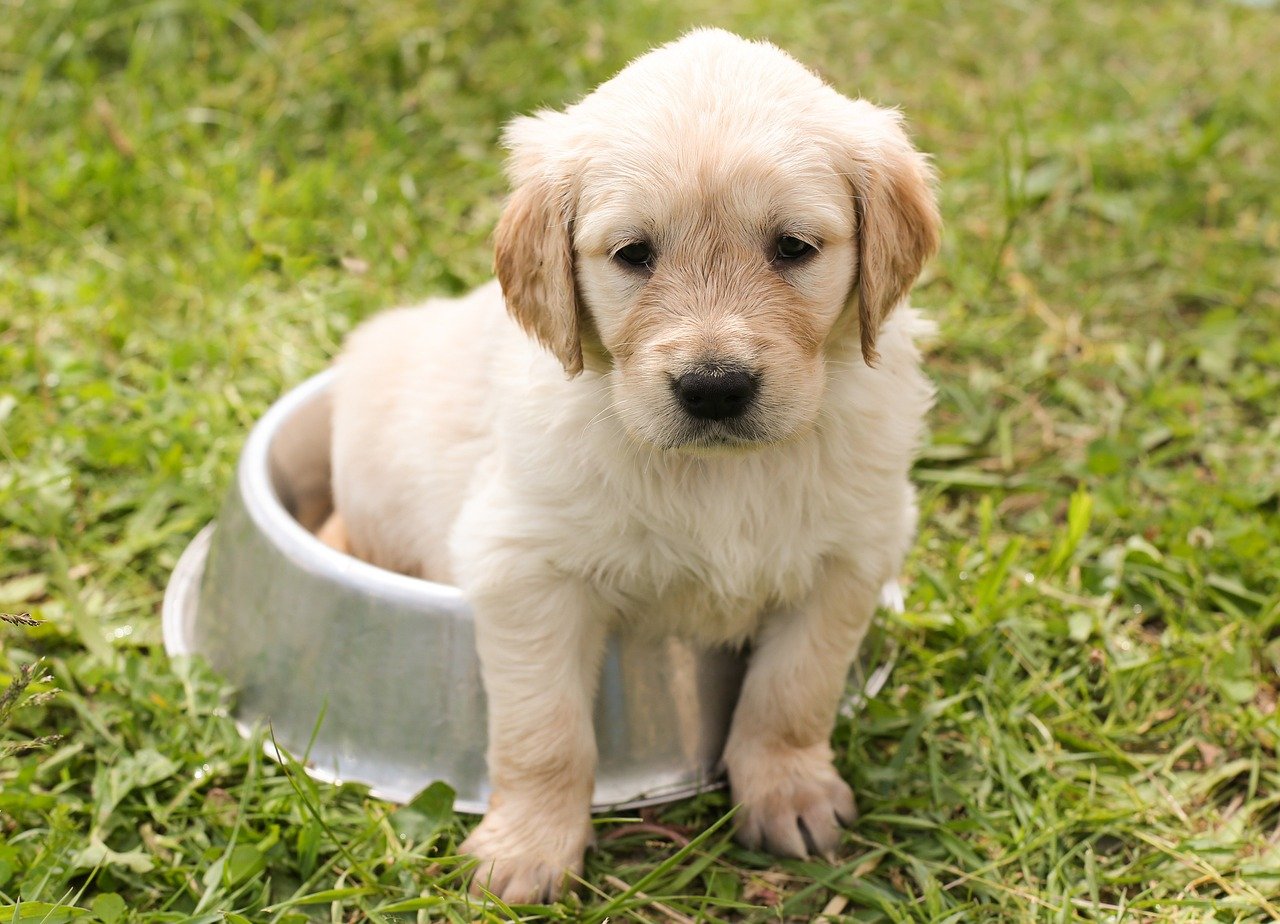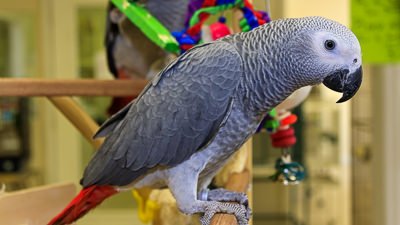Table of Contents
ToggleIntroduction
The appetite of a dog is an indication to his general health. Not eating is a worrying thing when your furry friend stops. Reasons for refusing food could be varied from minor to serious health concern for the dog. Pet owner must know the reason why dog not eating and what to do. In this article we are going to look at the reason’s behind loss of appetite and what you can do to get your dog to eat.
1. Reasons Why Dogs Stop Eating
Reasons why your dog is not eating are many. All this is attributable to stress, illness, dental problems, or food preferences. Loss of appetite can be triggered by a sudden change of environment, a new routine, or one can just be bored with food. Other causes such as infections, organ diseases or digestive problems are more serious. All of this will enable you to discover the right solution to return your pet’s appetite.
2. Check for Medical Issues
Appropriate treatment for health problems is a major cause of appetite loss in dogs. If there any type of dietary refusal that lasts for more than 24 hours, contact the vet. The causes of regurgitation can be due to more common medical problems such as infections, gastrointestinal problems, or chronic illnesses like kidney disease.
Look out for these other symptoms like vomiting, diarrhea, lethargy or weight loss. If there is early detection and treatment of health issues, it can help to prevent further complicating and to give your dog proper medical care.
3. Dental Problems and Eating Discomfort
Often, dogs suffer from this dental pain and refuse food. Swollen gums, broken teeth and bad breath can all be checked for. Chewing is painful from dental disease. Examine gentle foods or approaching kibble throughout softened water.
Preventing these issues can be facilitated by regular visits to the dentists for check ups and cleanings. If your dog continues to refuse to eat and is in pain, you will need to consult a vet for a full check and treatment to enable your dog to eat without feeling any pain whatsoever.
4. Stress and Anxiety as a Cause
Anxiety and stress can also be experienced by dogs as they can. Change in routine, loud noises, moving to a new home, can make them anxious. Loss of appetite can be caused due to anxiety. Make an effort to have a constant feeding schedule and to avoid spreading tension. With the words and positive reinforcement, you will calm down your pet. If, however, stress related eating issues continue, seek advice from a vet or animal behaviorist.
5. Food Preferences and Picky Eaters
Some dogs are picky eaters. If your pooch isn’t eating but will eat her treats, she may not like her kibble. Change their food brand or change up the protein source for them. Adding new food gradually to old to avoid digestive upset. Do not give too many treats since it may make them lose appetite. Fiddling with flavors, textures and food temperatures can lead your dog to eat regularly.
6. Age-Related Appetite Changes
A slower metabolism and reduced energy levels mean older dogs have a tendency to have crop changes in appetite. Roughage may also be hard for senior dogs to chew hard and some senior dogs may have difficulty. Provide softer options such as wet food or moistened kibble. Portion sizes can be adjusted accordingly according to the level of activity. To flavor and eat, add some bone broth or warm water to meals. Keeping your aging dog check with the vet for normal health & nutritional checks is very helpful.
7. Ways to Encourage Your Dog to Eat
If your dog doesn’t eat your food brings out the kettle and warm it slightly to spread the smell. Hand-feeding may encourage reluctant eaters. Dry kibble may be made more appealing by adding a little bit of chicken broth or a teaspoon of wet food. Be consistent with feeding times to ensure the dog does not become hungry while experiencing too many snacks between meals. Fun eating and the reduction of stress can entice your dog back to his appetite.
8. When to Change Your Dog’s Diet
In some cases a diet change is required. If your dog has signs of food allergies, digestive upset or boredom with its meals then it is recommended to switch their diet. Make the food introduced as new over a week to avoid stomach issues. Before making drastic changes especially if your dog has specific dietary needs, consult a vet. It is essential to keep your dog on a well balanced high quality diet, one appropriate to your dog’s age and health condition.
9. Monitoring Water Intake and Hydration
Dehydration can worsen appetite loss. Keep your dog in a constant state of fresh water. A pet fountain may provide some dogs with moving water. Give your dog ice cubes or slightly warm your dog’s food so it will drink. Dry gums, lethargy and sunken eyes are signs of dehydration. Immediately seek veterinary care with both food and water refused for a period in excess of a 1 day.
10. When to Seek Veterinary Help
If your dog chokes, hasn’t eaten for more than 48 hour, then consult your veterinarian. There are some serious conditions that can cause persistent appetite loss, vomiting, diarrhea or weight loss. Early diagnosis can prevent complications. A vet may do blood tests, X-rays, ultrasounds to find out what is the cause. This [choosing to feed your dog through a syringe] is not forcing feeding your dog, and can cause stress. Your pet will get the right care and treatment when professional medical advice is given.
Conclusion
When your dog refuses to eat, it’s alarming, but what to do first is to determine your dog’s reasons. They will identify the cause if its stress, a dental pain, or a medical problem, to help restore their appetite. Consult a vet if necessary, try different foods and maintain a routine. Good nutrition starts a happy and healthy dog. Proactively making changes will help ensure that your furry friend will be well nourished as well as full of energy.





